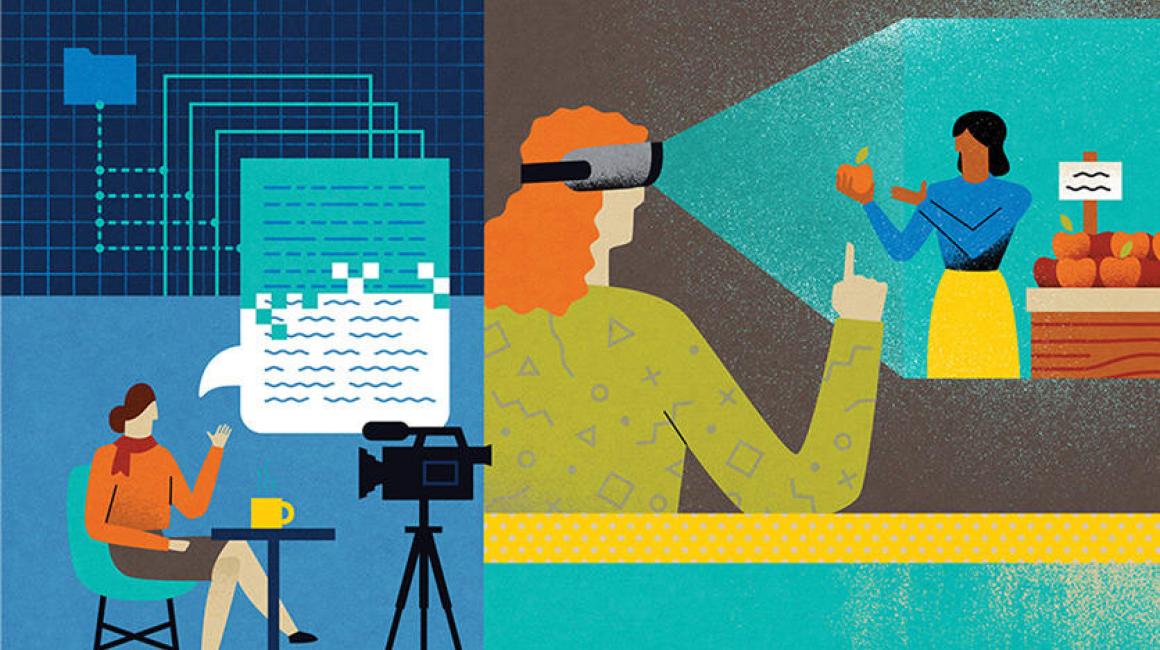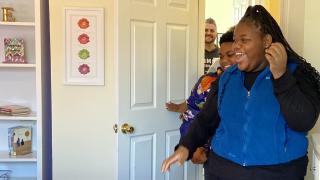
Improving Access to Oral Histories
The Transcribing the Transnational project, led by UM-Dearborn professors Camron Michael Amin and Jorge Gonzalez del Pozo, with collaboration from U-M librarians Diana Perpich and Edras Rodriguez-Torres, adapts the open-source Oral Meta History Synchronizer to make oral histories more searchable and accessible.
The project uses the output of Amin’s ongoing Michigan Iranian Oral History Project collection, which gathers personal experiences of Iranian Americans in Michigan, and Gonzalez del Pozo’s new look at Spanish identity through food, which seeks to better understand global and local manifestations of Spanish identity as expressed through discussions of dishes, recipes or products.
Student and faculty researchers seek to give public users a quick way to compare information across the digitized collections when searching for material like cultural information or academic studies, making the information more useful for classroom learning, research or community knowledge.
“Seeing and hearing people share their experiences gives an insight into a time in a way that other sources can’t. You hear how someone speaks, their dialect, emotion. First-person accounts usually give insights into the everyday life details that are lost to time,” said Amin.
Using VR to Assist With Independence
A new virtual reality curriculum created through Mcubed aims to teach independent living skills to adolescents with special needs. And computer information systems senior Robert Larabell is helping UM-Dearborn assistant professors David Hill and Feng Zhou, and UM-Flint professor Benjamin Emihovich, develop the technology.
Looking at everyday places people visit — a grocery store, a public transit station and a movie theater — the virtual reality platform will immerse special education middle school and high school students in different environments, allowing them to navigate the surroundings in the comfort of their classroom and guided by their teacher.
“I see a lot of value in gamified learning. I’ve used educational games to teach myself new skills,” said Larabell, who is taking the video footage of each local location and stitching it together into an experience that can be viewed through an Oculus GO headset. “I also have a cousin who has autism, so it means a lot to me to be able to combine my passions for programming and video games to help people with similar conditions,” he added.



